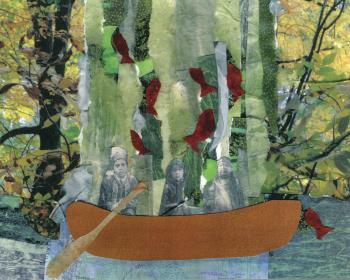Seven co-sponsors in the U.S. House and Senate this month introduced reauthorizing legislation funding for The Esther Martinez Native American Language Act, first passed by Congress in 2006 and funded in 2008 through amendments to the Native American Programs Act of 1974 in order to provide support for Native language immersion and restoration programs in tribal communities.

